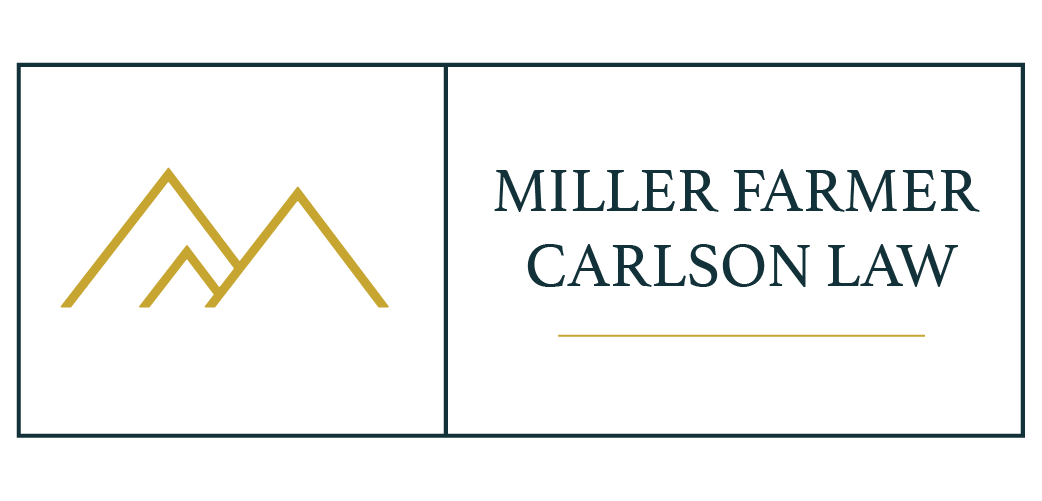Colorado Minimum Wage and Overtime Pay Changes Coming
Chances are you have seen the recent emails and fact sheets regarding the "Colorado Department of Labor's Big Announcement." There is no doubt that big changes are coming with respect to minimum wage and overtime pay, but how will the changes impact Colorado charter schools? The short answer is probably not much—at least initially, but there remains some question as to whether or not Colorado charter schools are even covered at all under the Colorado Minimum Wage and Overtime Pay Standards Order ("COMPS Order"). Best practice has been for charter schools to simply adhere to the Colorado rules because they have not been significantly more burdensome than the Federal Fair Labor Standards Act ("FLSA"), which undoubtedly applies to charter schools. With that said, if the regulatory burden in Colorado begins to outpace federal law, charter schools may need to take a closer look and resolve to settle the aforementioned ambiguity in their favor.
COMPS Order #36
The new COMPS Order is set to be adopted in January 2020 and take effect in March. There are at least three notable changes: (1) Increased Salary Threshold for Exemption, (2) Scope of Employee Travel Time, and (3) Expanded Employer Coverage. The first two changes likely will not have a major impact, but the third is worthy of careful attention moving forward.
Increased Salary Threshold for Exemption
Both the Colorado rules and FLSA provide exemptions for certain classes of employees (e.g., administrative, executive, and professional employees), so long as they meet certain tests, including a minimum salary. In fact, the COMPS Order still aligns with the FLSA with respect to these exemptions and the applicable substantive duties tests used for evaluating whether these exemptions apply; however, the COMPS order is significantly raising the minimum salary threshold (much higher than federal law), phased in over time. For example, on July 1, 2020, the minimum exempt salary will be $42,500, which is nearly $7,000 higher than the FLSA.
Notwithstanding the change, Colorado charter schools will likely not be impacted much because under the FLSA, teachers and educational administrators are exempt and teachers are exempt from the minimum salary test.
Scope of Travel Time
The new COMPS Order additionally broadens the scope of covered employee travel time. Specifically, the new rules require that all travel spent predominantly for the benefit of the employer will be
considered work time (thus factoring into overtime calculations) rather than simply travel time spent at the control or direction of an employer.
However, as mentioned above, this change only applies to non-exempt employees. There may be a certain small subset of charter schools and employees who could be affected, but even in that case, the impact is likely to be negligible.
Expanded Employer Coverage
Perhaps the biggest change in the new COMPS Order is the expanded coverage of the rules. Previous minimum wage orders only covered four broadly defined industries: Retail and Service, Food and Beverage, Commercial Support Service, and Health and Medical. The new COMPS Order significantly expands the scope to include nearly every private employer in the state, unless specifically excluded. As a point of reference, the Colorado Department of Labor's press release specifically mentions Community Centered Boards (CCBs) as a previously exempt institution that will now be covered.
Herein lies the ambiguity with charter schools referenced at the outset. The Colorado Wage Act and its accompanying regulations/rules (including the COMPS Order) excludes state and state-like entities from the definition of covered employers. However, where school districts are explicitly mentioned, charter schools are not expressly mentioned. More often than not, charter schools are found to be political subdivisions of the state and would therefore be excluded from the COMPS Order. However, it is sometimes argued that charter schools should be viewed as private entities, meaning they would not be excluded from the COMPS Order.
As already mentioned, best practice has been for charter schools to simply adhere to the Colorado rules because they have not been significantly more burdensome than the FLSA, and the consequences of an infraction could be significant. However, if the ambiguity with respect to charter schools is ever determined to be that they are covered entities there may be charter school employees who are swept into the new rules under COMPS Order #36 and subsequent minimum wage and overtime orders.
Accordingly, charter schools are well advised to pay careful attention to the implementation of the new rules and seek legal counsel with respect to employees who may now be covered. We are always willing to assist you with all your legal needs, so please reach out to us with any questions you may have.
